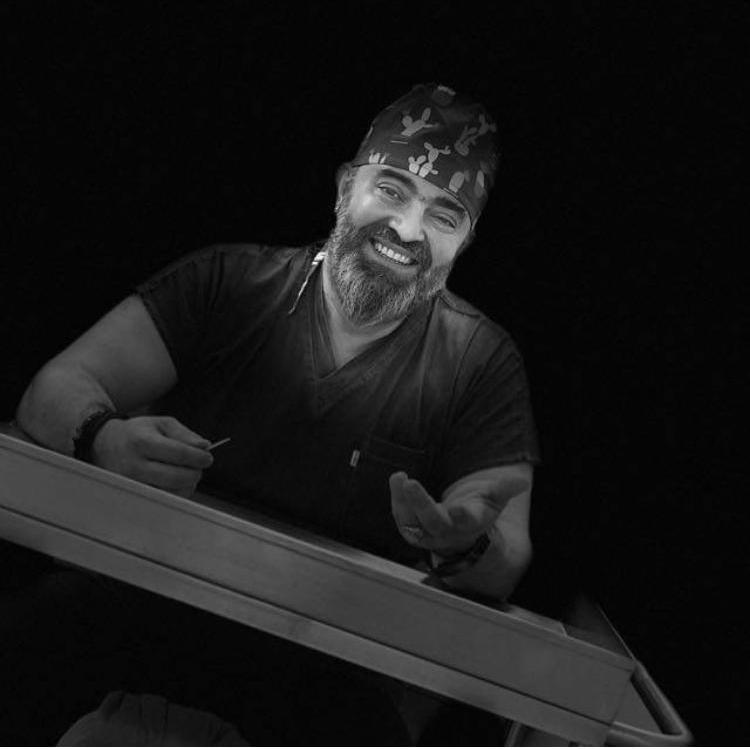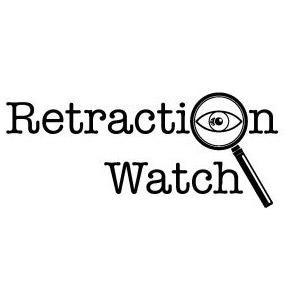
A plastic surgeon in Turkey has notched his fifth retraction for plagiarism and other issues.
That makes him a retractor — even if most plastic surgeons would have something else in mind if they used that term.
Ilteris Murat Emsen, then of the Department of Plastic, Reconstructive and Aesthetic Surgery at the Numune State Hospital in Erzurum, has lost five papers dating back to 2006. Four were pulled in 2009. The most recent retraction appeared last month in the European Journal of Plastic Surgery, for a 2007 article titled “Management of the large septal perforations with the support of porous high-density polyethylene (MEDPOR).”
According to the notice:
Continue reading There are retractors in plastic surgery — and not just of the instrument kind







